People’s Light
Malvern, Pennsylvania
11:54 A.M. EDT
THE VICE PRESIDENT: Let’s get to it.
MS. LONGWELL: Let’s do it. Let’s do it.
THE VICE PRESIDENT: Good morning, everyone.
AUDIENCE: Good morning.
AUDIENCE MEMBER: Happy birthday!
MS. LONGWELL: Oh, happy belated birthday. (Applause.) Oh, yeah.
THE VICE PRESIDENT: Thank you. Thank you. I appreciate that. Thank you.
MS. LONGWELL: Audience members showing me up — that’s tough. (Laughter.)
Okay. So, I’ve got to start with the thing that brings us here today, because I’ve got to say it is unusual for somebody who was as high up in the Republican leadership as Liz Cheney was to be out here campaigning with the Democratic nominee for president.
And so, maybe — why don’t both of you tell us, but you start: You’ve actually marshaled unprecedented support from Republicans in this election. Why do you think that is?
THE VICE PRESIDENT: Thank you, Sarah. Thank you for being here and for your work. And the congresswoman, thank you.
I — I have said before and it must be repeated each time: There are moments in the history of our country which challenge us, each of us, to really decide do we stand for those things that we talk about, including, in particular, country over party. And you have been extraordinarily courageous in the way that you have done that. And I thank you for that. (Applause.)
So, you know, I have in my career now — whether it was as the elected district attorney, elected attorney general, and then elected United States senator, and, of course, now vice president — I’ve counted that I have taken the oath of office six times. And for the elected leaders here, we know it is an oath that one must take sincerely and unequivocally, which is an oath, among other things, to support and defend the Constitution of the United States and to understand what those principles represent and what they require of the individual who holds the office and the public trust.
And let’s not undervalue that point as well. It is not about the individual. It is not about what is in their personal interests. It is about what is for and in the spirit of the public good.
And this is a moment in this election that presents a real contrast among how I, as one of the two nominees, and my opponent, the former president, think of that duty. And it is a duty, by the way. There are certain things in our lives that we have the choice if we feel like it — (laughter) — and then there are certain things that are just fundamentally a duty, like to raise our children. Things of that nature. It is a duty to take seriously that oath and do it for the sake of the public good and in the public trust.
And I think that at this moment, with the choice that the American people have in this election in — in two weeks and one day, this election is presenting — for the first time, probably, in certainly recent history — a very clear choice and difference between the two nominees. And I think that is what, as much as anything, is bringing us, as Americans, together, who are understanding that we cannot, with such fundamental stakes being presented, afford to be mired in ideological differences without really staking our claim to the most fundamental ideals upon which our country stands.
MS. LONGWELL: Thank you. And, you know, Congresswoman Cheney, it’s a — sort of the same question to you. But I got to ask: You know, it’s one thing for Republicans to sign a letter. You know, we’ve seen that she has — Vice President Harris has been endorsed by 200 Republicans in the national security space, all kinds of people from George W. Bush’s administration. There’s been a lot of people — they’ll sign letters and maybe they’ll go on T.V., they’ll release a statement. I was just with Republican Congressman Charlie Dent — former Republican congressman here from the state. He voted for you in his early voting.
But you are out here campaigning. You are out here holding events. So, talk about why it’s been so important to you to be as involved as you are in getting Vice President Harris elected.
MS. CHENEY: Well, thank you so much, Sarah, for the question. And — and it’s an honor to be here today with you, Madam Vice President.
You know — (applause) —
THE VICE PRESIDENT: Thank you.
MS. CHENEY: — for me, every — every single thing in — in my experience and in my background has — has played a part in my decision to endorse Vice President Harris.
And, you know, that — that begins with the fact that I’m a conservative, and I know that the most conservative of all conservative principles is being faithful to the Constitution. And you have to choose, in this race, between someone who has been faithful to the Constitution, who will be faithful, and Donald Trump, who it’s not just us predicting how he will act. We watched what he did after the last election. We watched what he did on January 6th.
And so, coming to this as someone who’s been a lifelong Republican, a lifelong conservative, also as someone who spent — I spent time working overseas before I was elected to Congress, and I’ve — I’ve spent time working in countries where people aren’t free and where people are struggling for their freedom, and I know how — how quickly democracies can unravel.
And I know that, as Americans, we can become accustomed to thinking, “Well, we don’t have to worry about that here.” But I tell you, again, as someone who has seen firsthand how quickly it can happen, that that is what’s on the ballot. That’s absolutely what’s on the ballot.
I also — I come to this decision as a mother. I have five children. And there was a moment right after January 6th when my husband and I were having dinner with our two youngest, our two sons, and I looked across the table at my — my young sons, and I thought to myself, “You know, in the aftermath of the attack on the Capitol, are they going to grow up in a country where we don’t have to worry about the peaceful transfer of power? Are they going to grow up in a country where that is guaranteed?”
And — and I believe that every one of us in this election has a duty and an obligation to do what we know is right for the country, and that’s to support Vice President Harris. So, I’m very honored to be here and to do that. (Applause.)
THE VICE PRESIDENT: Thank you.
You know, if I can just echo the congresswoman’s point. So, I’ve now, as vice president, met over 150 world leaders — presidents, prime ministers, chancellors, and kings — many of them multiple times, to the point we’re on a first-name basis. And the last few times that I’ve seen them in the relative eve of this election, they are very concerned, our allies. Because, as you know, when we walk in those rooms around the world representing the United States of America, we have traditionally been able to walk in those rooms chin up, shoulders back, with the self-appointed and earned authority to talk about the importance of democracies and rule of law.
But as all the role models here know, as a role model, people watch what you do to see if it lines up with what you say. People around the world are watching this.
And I — I tell you, sometimes I do fret a bit about whether we, as Americans, truly understand how important we are to the world. I hope everyone does really understand that we represent something — imperfect though we certainly are; flawed though we may be — we represent, in terms of our ideals, the — the basis of our Constitution, we represent a gold standard.
And when we have someone who has been president, who wants to be president again, who is saying he would be dictator on day one, would weaponize our Department of Justice — one of the principles of our democracy is that we say we have a justice system that is blind, that is not punitive against one’s enemies, they are watching.
So, this is about direct impact on the American people, and it most certainly will impact people around the world.
MS. LONGWELL: You know, I’m so glad you brought that up. And I — I — as a follow-up, I would just ask Congressman Cheney too. We live in a dangerous time. I mean, I think Americans are watching what’s happening overseas in Ukraine, in Israel. Republicans — we used to be the party that would be on the side of our democratic allies like Ukraine.
Talk to me a little bit and all of us about why, from a foreign policy standpoint, you find yourself able to endorse Democrats, who w- — wouldn’t — it didn’t used to be that way.
MS. CHENEY: Well, it — it’s not just able to endorse them. But — but if you look at the numbers of the most senior officials who served Donald Trump — his own vice president; national security advisors; his chief of staff; you know, the — the leading generals who served him — who’ve all said he’s unfit, and people really need to stop and think about how completely unprecedented that is.
And the — the idea — when people sort of say, “Well, we might, you know, be tempted, for some reason or another, to vote for Donald Trump” — if the issue is foreign policy, I would just ask everyone: Think about how dangerous and damaging it is to have someone who’s totally erratic — totally erratic, completely unstable — someone who has aligned himself with, who idolizes tyrants. He idolizes tyrants.
You know, the — the — again, the choice here, with respect to national security policy, is a man who has proven — he has absolutely proven that he will not stand up, he won’t defend this nation with respect to our own Constitution and rule of law, and Vice President Harris, who has been clear in terms of support for Ukraine, in terms of recognizing and understanding across the board that America cannot maintain our own freedom and security if we walk away from our allies around the world.
And our adversaries know that they can play Donald Trump. They absolutely know that they can play him. And we simply can’t afford to take that risk.
So, as someone who has spent a career on national security issues — again, this was not at all a difficult choice for me — the — the choice here is absolutely clear in terms of the necessity of supporting Vice President Harris.
THE VICE PRESIDENT: And — and if I may emphasize, part of the backbone of our national security is our military. And let’s please not overlook how someone who wants to be commander in chief and was has talked about our servicemen and women; has talked about an American hero like John McCain, who was a prisoner of war — said he didn’t respect him, didn’t like him because he got caught; has talked about our service members as — as though they are less than the most courageous of us.
Those who put on the uniform, who represent the United States of America, who are willing to die for the sake of everything we stand for, and he calls them “suckers” and “losers.” These things cannot be overlooked.
And — and I have said many times publicly, and I’ll say it again: In many, many ways, Donald Trump is an unserious man, but the consequences of him being president of the United States are brutally serious. There are things that he says that will be the subject of skits and laughter and jokes, but words have meaning coming from someone who aspires to stand behind the seal of the president of the United States. These are the things that are at stake.
MS. LONGWELL: Couldn’t agree more.
So, I do want to ask you another question, though, before we go to the audience. You know, you talk a lot about a new way forward. You talk about turning the page. What’s on the next page? Talk to us about a —
THE VICE PRESIDENT: You want a preview.
MS. LONGWELL: Yeah. Give me — a spoiler alert. You know? (Laughter.) Just —
THE VICE PRESIDENT: Right.
MS. LONGWELL: — tell us — tell us what’s — what’s in the rest of the chapter.
THE VICE PRESIDENT: Well, first of all, I will say that it — it is a metaphor that is meant to also describe my intention to embark on a new generation of leadership. And needless to say, mine will not be a continuation of the Biden administration. I bring to it my own ideas, my own experiences.
But it is also about moving past what, frankly, I think has been the last decade of — of the American discourse being influenced by Donald Trump in a way that has had the effect of suggesting we, as Americans, should point the finger at one another, in a way that has been using the power of the presidency to demean and to divide us.
I think people are exhausted with that, rightly. And it, frankly, does not lead to the strength of our nation to tell the American people that we must be suspicious of one another, distrust one another.
You know, yesterday, I — I did a couple of church services, and there’s a — we — many people here know the — the parable of the Good Samaritan. And there is an essence — a piece of that, in my own words, that really requires us, I think, to see in the face of a — of a stranger, to see a neighbor. Right? That spirit. And I think we need to get back to that.
The spirit of the American people is such that, you know, we are an ambitious people. We are aspirational. We have dreams. And that is productive.
It is not productive of us to be a nation of people who are pointing fingers at one another, who don’t understand that the vast majority of us have so much more in common than what separates us.
So, that’s what I mean about turning the page. And then a new generation of leadership about being ambitious, about all we have yet to do.
Part of my economic policy — I refer to it as an opportunity economy — is about investing in American industries while leaving none of our traditional, wonderful industries behind; repurposing and retooling the factories that have led to America’s success in industry, while at the same time redefining how we are thinking about which worker has the experience and skill to do the — the job and is qualified and understanding we shouldn’t be falling into a trap that suggests only those with a college degree have the skill or the experience to do the job. So, let’s look at how we redefine and perhaps even reorder.
And, in fact, I’m going to start with federal jobs, and then I’m going to challenge the private sector to do the same. Let’s look at which of those jobs would benefit from a skilled, experienced worker who perhaps went through an apprenticeship program — not a four-year college, but still had a four-year degree, in essence.
So, these are the kinds of things that are about seeing the opportunity of this moment and investing in it.
I’ll tell you — and I know this is a controversial topic for many of us — I love Gen Z. (Laughter.) Because we have Gen Zs in our lives. We have kids who are Gen Zs. It can be complicated, I know. I love Gen Z.
These young leaders are so — they’re clear-eyed. You know, they’ve only known the climate crisis. They’ve only known active shooter drills. I mean, we had fire drills. Not — not our kids, right?
But they also — they’re — they’re so wonderfully impatient — (laughter) — ri- — no, really, that’s good. That’s good. They are ready to get in there. Let’s invest in them. Let —
So, for example, one of my — one piece of my opportunity economy is we got to deal with the reality of where we are right now. The American dream, for previous generations, was something that people could kind of count on. Not so much anymore, in terms of homeownership. We have a housing shortage in America. We have a supply shortage.
So, part of my plan is, hey, let’s be clear-eyed about this moment. Let’s invest in the future. And as a — a devout public servant, I also know the limitations of government. I want to work with the private sector. I have, in my career. The skills, the breadth, the depth of — of value in those active partnerships benefit us all.
So, part of my plan for housing is to actively partner with building developers, with homebuilders to create tax credits to increase the supply of housing in America. My estimate is — I think we can actually do it — by 3 million by the end of my first term.
Part of my approach that is about a new generation, potentially, of leadership and certainly a different approach: Most of my career was not spent in Washington, D.C. I say that with pride. (Laughter.)
In that, you know, most of my career was spent as a prosecutor, but I — making decisions that had a direct impact on people’s lives. You know, I learned at a very young age, as a prosecutor, that the things that I would do with the swipe of my pen could result in someone having their liberty or not.
When I was attorney general of California — which is, you know, by estimates, the fifth-largest economy in the world — I was acutely aware the words I spoke could move markets.
I like getting things done. And part of my approach, which is, I think, about a new generation of leadership, is: Let’s cut through the red tape. Let’s cut through the bureaucracy while still knowing the virtues of the work that we can do in the public sector, be it public education, public health, public safety.
MS. LONGWELL: This is a perfect segue into our first audience question, which is going to come from Alexandra Miller from Delaware County. Main section, right — right there.
Hi, Alexandra.
Q Hello. Hello, Madam Vice President and Representative Cheney.
MS. CHENEY: Hi there.
THE VICE PRESIDENT: Hi.
Q Thank you for taking my question today. My name is Alex. I have a 7-year-old son and a wonderful 72-year-old mother who is suffering from dementia and requires full-time care.
My son is in second grade, my mother is in a nursing home, and I work full time. The costs of childcare and of eldercare are staggering. But simultaneously, professionals that help care for both our children and our elders are generally underpaid, which makes it difficult for them to support their own families and do the jobs that they need to do.
How do you propose to help bridge this gap, making both child- and eldercare more affordable for hardworking families and also retaining and attracting quality talent for this — these essential jobs?
THE VICE PRESIDENT: So, first of all, you’re dealing with a lot. You’re dealing with a lot, and I just wish you strength and support. You are a part of what we call the “sandwich generation,” which are those parents and children who are right in the middle. They are taking care of their young children and taking care of their parents as they age. And it’s a lot.
And so, I actually plan to address this in a substantial way because I actually bring a personal experience to it as well. I took care of my mother when she was sick, and that work is the work of trying to cook something that they feel like eating — right? — trying to figure out which clothes will not irritate their skin and help them put on a sweater. It’s about trying to figure out how you can say something that brings a smile to their face or makes them laugh. It’s about dignity.
Meanwhile, you have a second-grader. You’re trying to teach that kid how to read — (laughter) — spending time with them, reminding them they are special and can be anything.
And in the middle of all of that, if you are working or just to have a minute to breathe, it’s a lot. It’s a lot.
So, what — the way that this plays out for many people is — is one of just a couple of ways. One, if you have the good fortune of having enough extra money, you can hire somebody to come in. And then, exactly as you said, you — knowing what you just shared with us about yourself — would pay them the value of their work. Or someone in this position would have to basically spend down all their savings so they could qualify for Medicaid, which means they pretty much have to get rid of everything. Or they have to quit their job, which means one less income in their household.
And this is a matter — this issue, for me, is a matter of dignity — yours, your parents, and the well-being of your child and you being able to do what you naturally want to do, and which — and the thing that we should value in our society, which is someone like you who is taking on the duty and the responsibility of all of that.
So, my plan is that instead of those scenarios I just mapped out, we will restructure it so that Medicare covers the cost of in-home health care for your parent so that they can be at home — (applause) — and you can then have the assistance with someone who can help prepare that meal, help them get dressed, and you can still give that baby of yours all the love that they deserve. And you can have sanity in the process. And everyone can have dignity.
And so, this is — this is my approach, which is let’s just look at this as an — let’s just come at it from common sense, by the way. It’s just common sense. And what makes — what is a — a commonsense, practical approach to doing this, because when you are able to be productive, we all benefit, by the way. When that child is able to have a parent who is able to help them with their reading and remind that child that they are special, we are all going to benefit from that.
So, thank you for raising the subject. (Applause.) And you take care of yourself.
MS. LONGWELL: Okay. Next we’re going to call on Ashley Scott, speaking of Gen Z — although I guess I shouldn’t assume I know what generation she’s from, but she is a student from Bucks County. Hi.
Q Hi, Vice President Harris and Congresswoman Cheney. My name is Ashley Scott. I’m from Bucks County, Pennsylvania, and I am Gen Z. I’m 22 years old. (Laughter.)
MS. LONGWELL: Nailed it.
THE VICE PRESIDENT: Good for you. (Laughs.)
Q So, thank you for that compliment. But yeah, my question is about maternal health. Specifically, in the United States, maternal mortality is devastating. The rates are terrible. And I was wondering if you have a plan to combat the crisis.
THE VICE PRESIDENT: Thank you, Ashley, and thank you for being here and your voice. It’s a big issue. So, we have the very, I think, shameful distinction of — of any wealthy nation having one of, if not the highest, rate of maternal mortality.
And I’ve studied this issue. I worked on it was on — when I was in the United States Senate and as vice president. And the fact is that 90 percent of them are preventable, which tells us we can do something about it, right?
And it is an issue — so, Black women are three to four times more likely to die in connection with childbirth; Native women are, like, twice as likely; rural women, one and a half times as likely.
One of the common threads that you will see in those demographic populations is a lack of appropriate prenatal care and then care during the term of their pregnancy and then postpartum care. And we know that when that care is available, they are having a healthier and, by the way, happier experience. And the long-term impact to all of us as a society, much less to that family, is immense.
And so, the work that we have been doing and the work I intend to do going forward is to address that, right? So, for example, in rural America, the — the way that the system has been structured — the health care system has been structured is a lot of those hospitals and clinics have had to close because of the way we — we reimburse based on population size. And as people are leaving rural America, then the hospitals and the clinics can’t afford the overhead.
I’m oversimplifying but just to make the point. So, we need to address that in terms of how we’re structuring, how we create incentives and — and give the resources to those health care facilities, be they clinics or hospitals.
The other piece that we have to do is really just talk more about the issue around also how, in the health care system, we are treating women and are we taking women seriously when they talk about their health care concerns.
So, again, personal experience, my mother had two goals in her life: to raise her two daughters, my sister and I, and to end breast cancer. My mother was a breast cancer researcher. And she was so passionate about women’s health care, and I remember it as a young girl and throughout my life.
And we still have a lot of work to do to make sure that when she walks into that clinic, that doctor’s office, that hospital, that when — that she’s taken seriously. And — and that’s also about what we do in terms of training within the profession. It’s also about what we do in terms of public education to get information to women so that they know that they are not just complaining and they should not suppress or subordinate what their concerns might be about themselves because they’re taking care of everybody else.
So, there’s a lot of work to do. And, of course, there’s a connection between this and what we need to do since the Dobbs decision came down, when we are looking at — I’ve met with a lot of, in particular, OB-GYNs who are concerned that there are kids going through — excuse me, young people going through their medical school who are now feeling deterred from engaging in reproductive health work.
And reproductive health work is vast. It is not only about abortion; it is about a whole array of care. And we want to make sure that we’re not creating disincentives for people to go into that very, very important profession.
And then we also want to make sure that we are, in the whole issue of reproductive care, not suggesting to women or the people who love them that they should be judged, because there is that also when you’re talking about reproductive care, where women sometimes are made to feel or do feel embarrassed to talk about their needs as it relates to their reproductive health.
And then, of course, I feel very strongly the government should not be telling any woman what to do with her body. (Applause.) (Laughs.) And when Congress passes a law reinstating the reproductive freedoms of women, I will gladly and proudly sign it into law, because I strongly believe one does not have to give up or abandon their own faith or beliefs to agree that — not the government telling her what to do. If she chooses, she will consult with her priest, her pastor, her rabbi, her imam, but not the government.
We’ve seen too much harm — real harm — happen to women and the people who love them around our country since that decision came down, including women who have died. And I don’t think that most people who — before the Dobbs decision came down — who had strong opinions about this — I don’t think most people intended that the harm that we’ve seen would have actually happened.
MS. CHENEY: Can I add to this just to — because I — I think it’s such an important point. And I think there are many of us around the country who have been pro-life but who have watched what’s going on in our states since the Dobbs decision and have watched state legislatures put in place laws that are resulting in women not getting the care they need.
And so, I think this — this is not an issue that we’re seeing break down across party lines —
THE VICE PRESIDENT: Right.
MS. CHENEY: — but I think we’re seeing people come together to say what has happened to women, when women are facing situations where they can’t get the care they need — where in places like Texas, for example, the attorney general is talking about suing — is suing to get access to women’s medical records — that’s not sustainable for us as — as a country, and — and it has to change. (Applause.)
THE VICE PRESIDENT: Yeah. Yeah.
MS. LONGWELL: So, as we come close to time here, I want to ask you both kind of a final question. You know, I — I watch the — the conversation in the country and the way that the media covers this election, and it’s often about the race: Who’s up in a poll? Who’s down in a poll? And I — I don’t always feel like we’re talking about the stakes enough.
And Liz Cheney would not be here if she didn’t think that the stakes were very high. And frankly, the Republicans wouldn’t be so angry at you if they didn’t think you were an effective surrogate as somebody speaking about the stakes. (Applause.)
THE VICE PRESIDENT: Some Republicans. Some Republicans.
MS. LONGWELL: Some Republicans. Some Republicans. #NotAllRepublicans. (Laughter.)
THE VICE PRESIDENT: Because I’ve seen a lot of Republicans — just I’ve seen it and I know it happens — who thank her constantly.
MS. LONGWELL: I — I know it.
THE VICE PRESIDENT: Yeah. Yeah.
MS. LONGWELL: I know it.
MS. CHENEY: They’re going to vote the right way on November 5th.
MS. LONGWELL: That’s right.
MS. CHENEY: They might not think public about it, but — but they’ll do what — what they know is right. (Applause.)
THE VICE PRESIDENT: Yeah. I agree. I agree. I agree.
MS. LONGWELL: But just to close and — and maybe starting with you, Congresswoman, so you can have the last word. Talk to me and all of us about the stakes. Many people in the room here are undecided voters. What’s — what’s kind of the last pitch that you would make about why this election is so important and why you believe they should vote for the vice president here?
MS. CHENEY: Well, I think that in this election, and especially here in Pennsylvania, we have the opportunity to tell the whole world who we are. And we have the chance to say, you know, we’re — we’re going to reject cruelty. We’re going to reject the kind of vile vitriol that we’ve seen from Donald Trump. We’re going to reject the misogyny that we’ve seen from Donald Trump and J.D. Vance. (Applause.)
THE VICE PRESIDENT: Right.
MS. CHENEY: And we have the chance in this race to elect somebody who you know is going to defend the rule of law. You know Vice President Harris is going to defend our Constitution.
We have the chance to remind people that we are a good country. We are a good and honorable people. We are a great nation.
And — and in this race, we have the opportunity to vote for and support somebody you can count on.
We’re not always going to agree, but I know Vice President Harris will always do what she believes is right for this country. She has a sincere heart, and that’s why I’m honored to be here and supporting her in this race. (Applause.)
THE VICE PRESIDENT: I mean, I — exactly. The — listen, so, in my career as a prosecutor — you’ve heard me say this — I — I never, ever asked a victim or a witness, “Are you a Republican or a Democrat?” Never. It wouldn’t have even occurred to me to ask them. I did, every time, ask, “Are you okay?”
And I — you know, and I feel very strongly that — for example, in — on the issue of partisanship, yes, we’re going to have disagreements, but I actively invite good ideas from wherever they come. That’s why I’m going to have a Republican in my Cabinet, by the way — (applause) — because I want good ideas.
And, by the way, I know it is in our best interest as a nation, in our — the interest of our strength and our future as a nation. We need a healthy two-party system. We need a healthy two-party system. (Applause.)
We need to be able to have these good, intense debates about issues that are grounded in fact. (Laughter.) How about that?
MS. CHENEY: Imagine.
.
THE VICE PRESIDENT: Let’s start there. (Laughs.) (Applause.)
Wow. Can you believe that’s an applause line? (Laughter.)
Oy. But, you know, it’s — (laughter) — it’s —
We have in our grasp in these next 13 days — 13 days, we are — or 15 days, excuse me. I — I’m just jumping ahead. (Laughter.) In these next 15 days, we have in our grasp the ability to determine the course of our country.
You know, every election, we’ve said, “This is the one.” This is the one. This truly is the one.
I mean, to the congresswoman’s point, the former chairman of the Joint Chiefs of Staff referred to Donald Trump as being “fascist to the core.” And no one would ever accuse the former chairman of being partisan in any way. The people who know him best — from the former chief of staff; Defense secretaries, two of them; national security advisor to the former vice president.
And so, we have in — in our grasp — because we still have a democracy. As the saying goes, as long as we hold on to it, we still have a democracy, which means in a democracy — and here’s the beauty of it — we each have the power to make a decision about the future of our country through our vote.
And my request, then, of each of you who have spent time out of your busy lives to be here — and I thank you for that — is please just help us get the word out to your neighbors and friends and family members to just remind them of what is at stake and this conversation.
I ask for your vote. I ask for their votes. And I promise to be a president for all Americans. I promise and pledge that. (Applause.)
MS. LONGWELL: All right, everyone. Congresswoman Cheney and Vice President Kamala Harris. Thank you so much.
Yes, let’s give them another round of applause. That was wonderful. (Applause.)
Thank you so much.
THE VICE PRESIDENT: Thank you. Thank you.
MS. LONGWELL: Thank you. (Applause.)
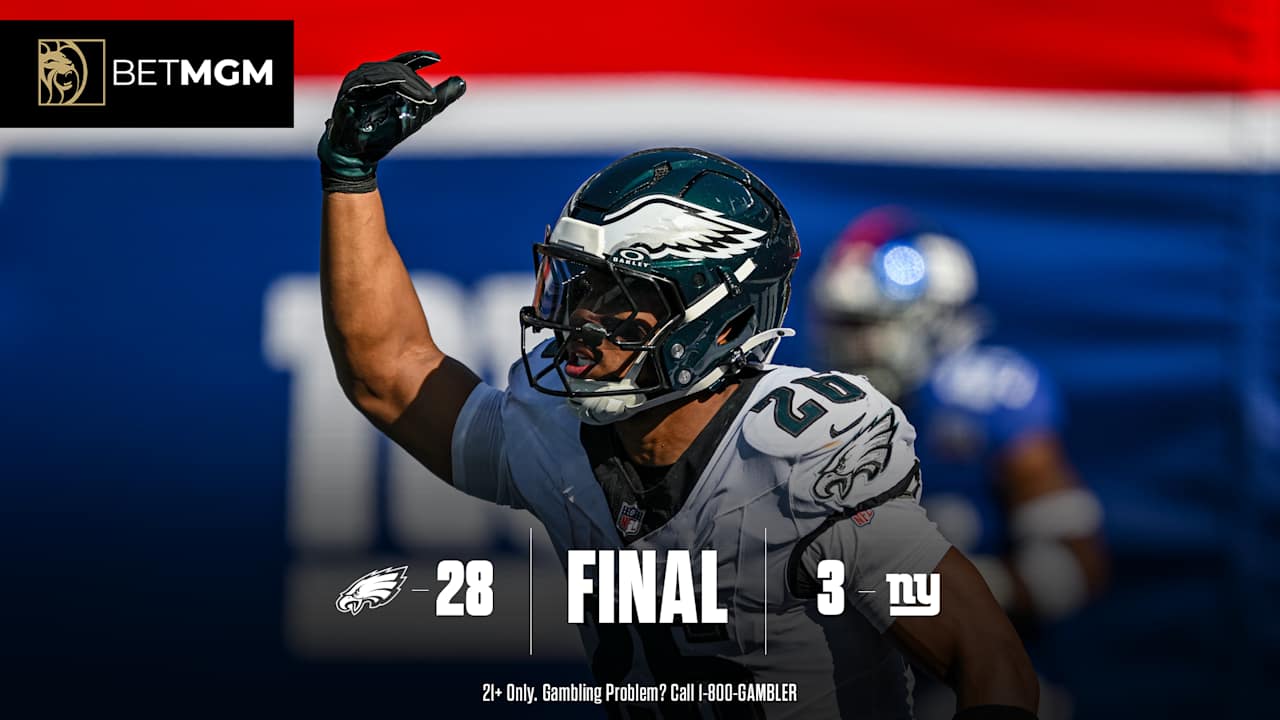


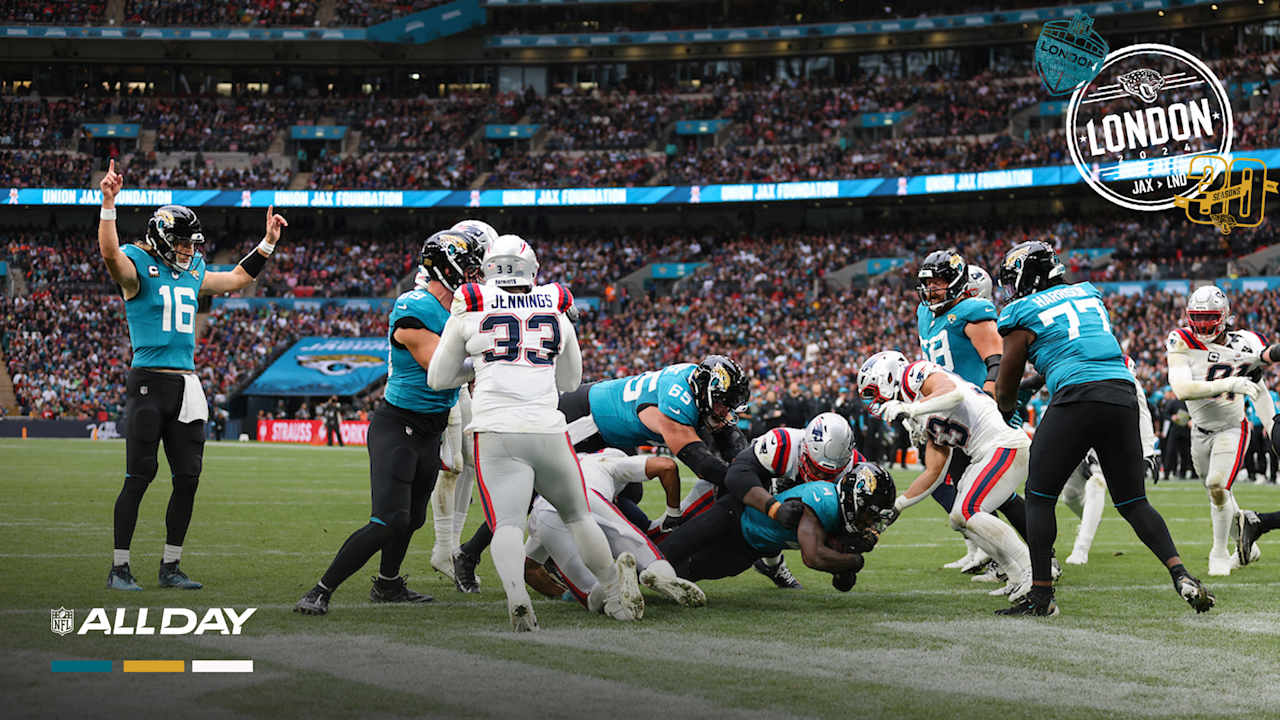

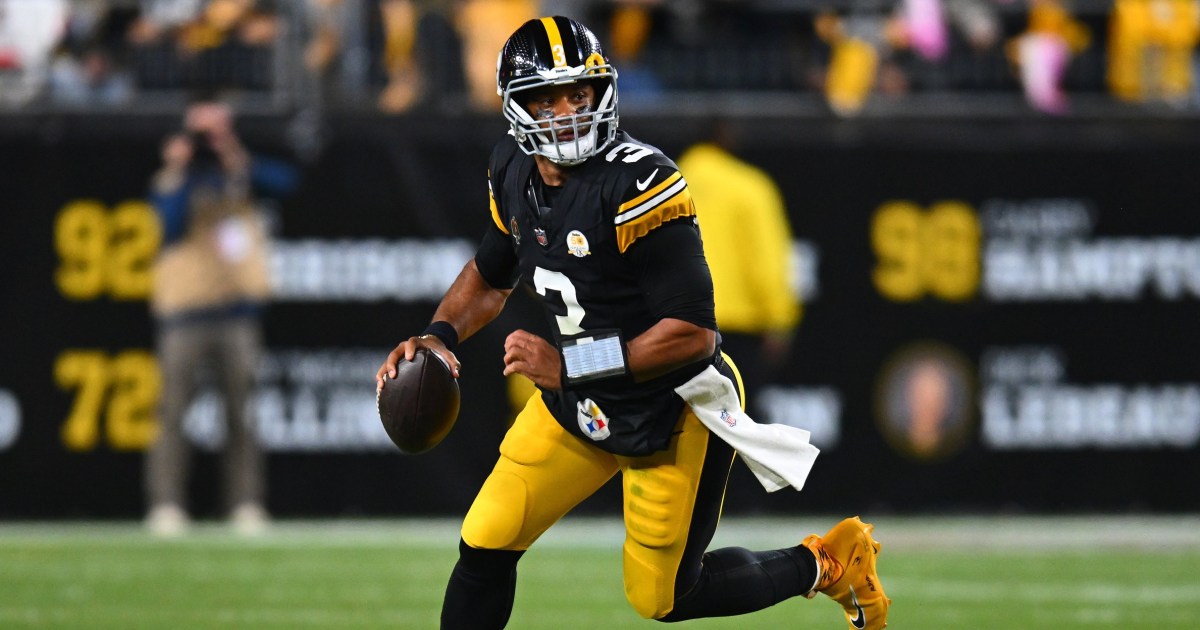



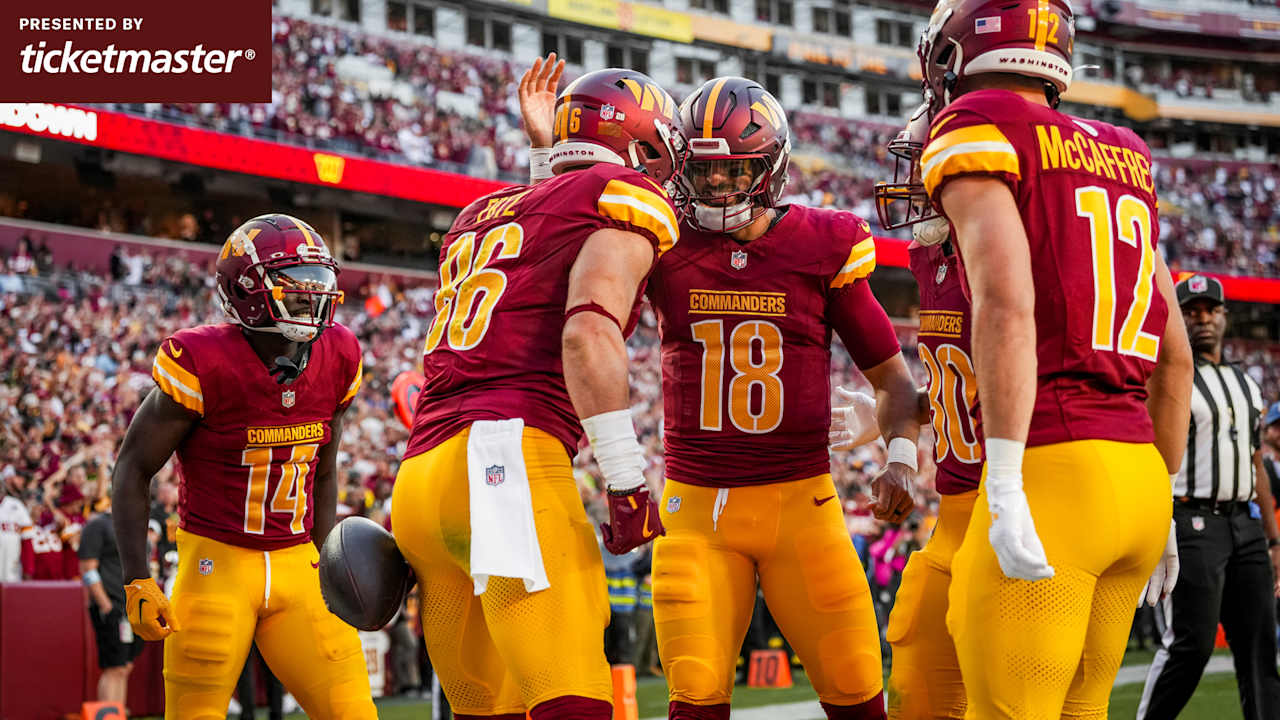
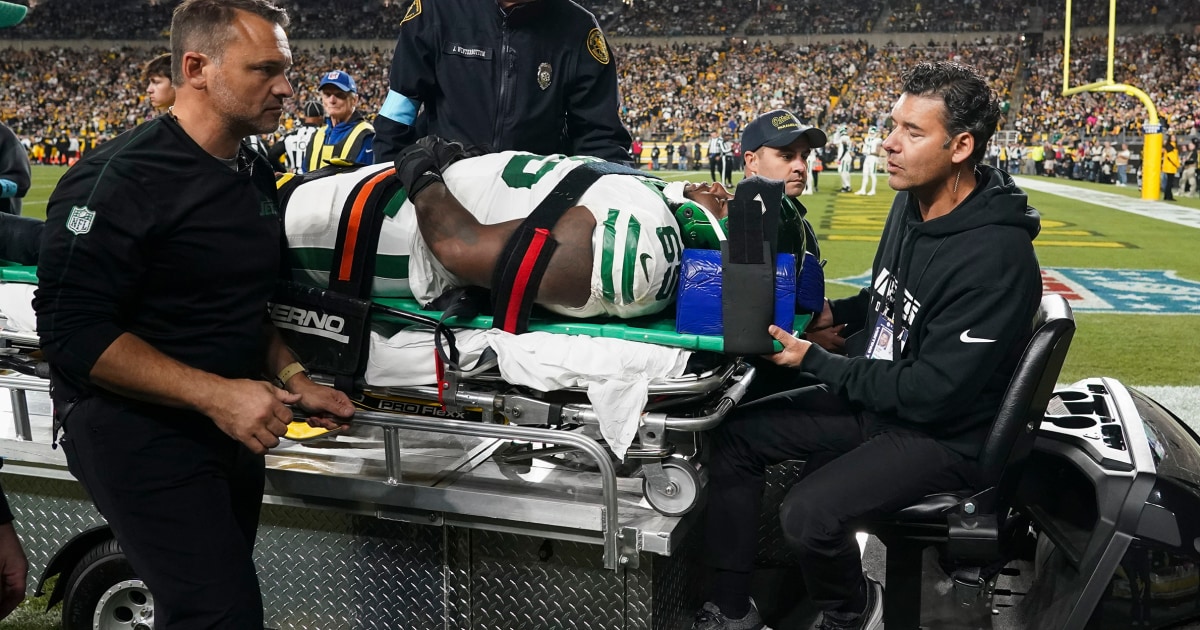
Recent Comments